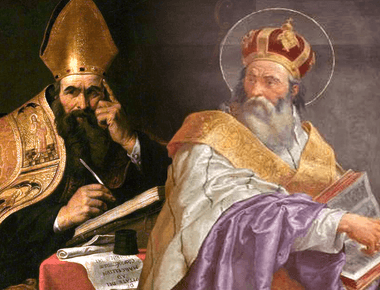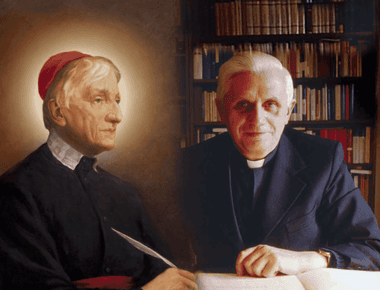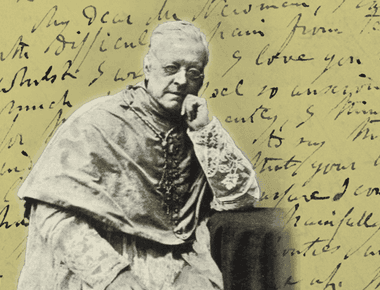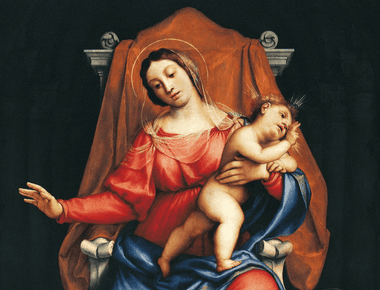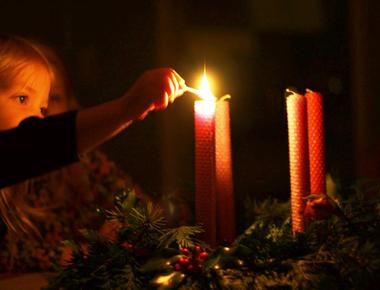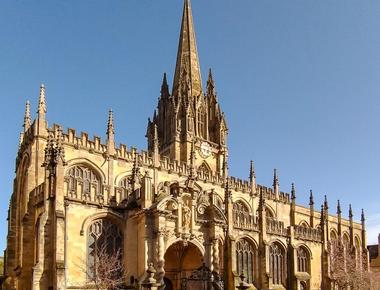
On October 5, 2025, our own NINS co-founder Catharine Ryan was invited to give a sermon at St. Mary's University Church in Oxford, standing at the same pulpit from which John Henry Newman preached 200 years ago. This sermon was first published on the University Church website and is reposted here with their permission.


